How to stop a dog biting and nipping, by award-winning trainer Ben Randall
Biting and nipping is top of the list of issues that dog owners most fear that they'll have to deal with. Ben Randall takes a look at the problem and the steps to put things right.
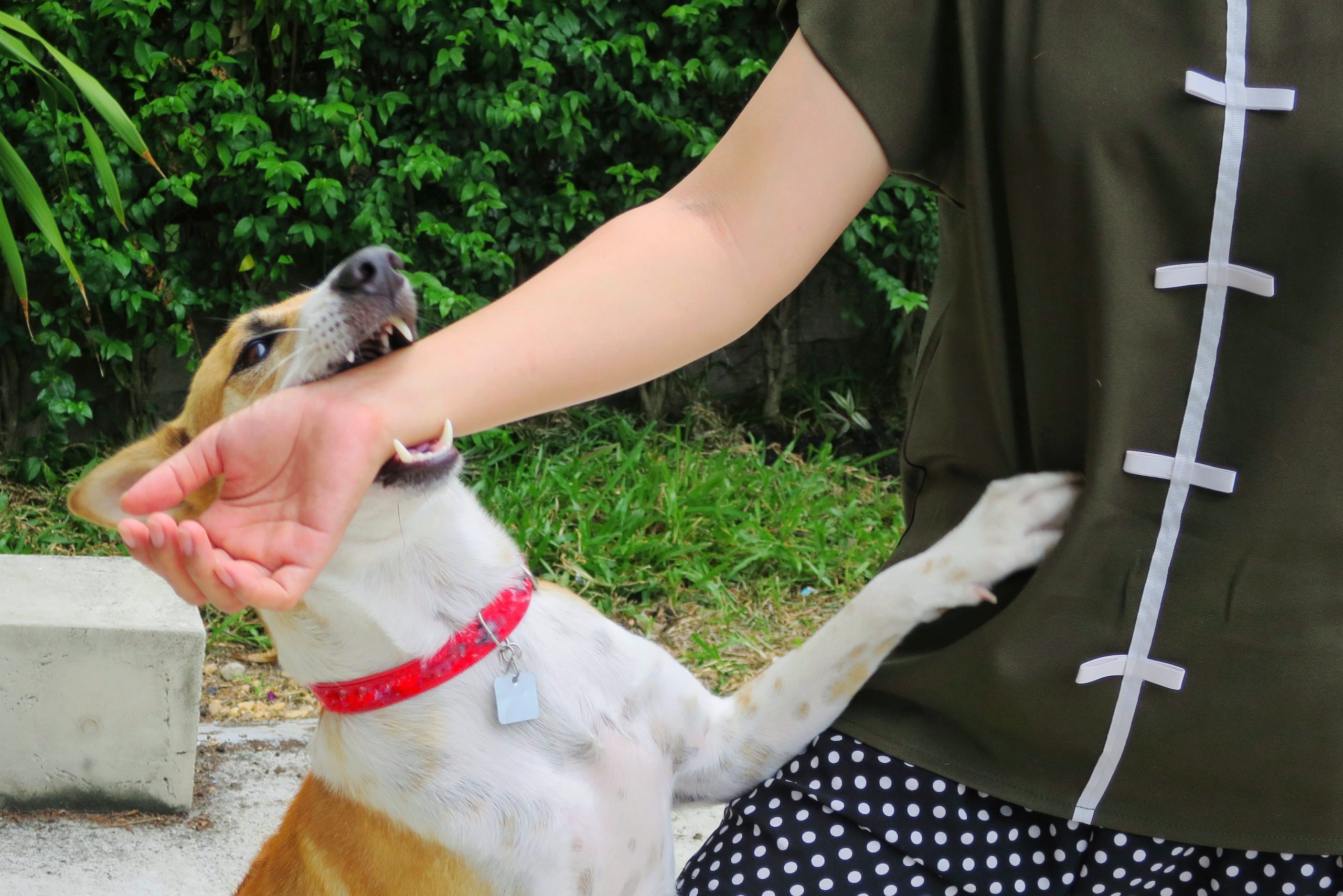

A dog that is prone to nipping is probably one of the most difficult issues that any owner has to deal with. Often caused by incorrect training and handling from an early age, this is a delicate issue and one that we approach with extreme caution with regard to the welfare of anyone who might come into contact with your dog while you are trying to cure this problem.
This is exactly the dilemma facing KM, who has written to us from the US via our paws-for-thought@futurenet.com email address to ask for Ben’s advice on how to deal with her son’s dog’s tendency to nip when he’s asked to relinquish items that he’d rather keep a hold on.
Dear Ben,My 32-year-old son has a two-year-old French Bulldog that frequently changes from being happy to snappy and snarling. On three occasions, this has led to him nipping adults — thankfully, only superficially. The first was when he had been ripping tissue paper and I reached down to pick the paper up off the floor. He mouthed my arm, but, as I had a thick sweater on, he only made a dime-size hole on the sleeve. The second time was with a friend he had always liked — he was sitting on his lap getting petted when, suddenly, he growled and nipped him on the neck. The third was an elderly friend who had been petting and giving him treats, then, when she turned to leave, he nipped her finger.We got him neutered, as he was not eligible for breeding due to two heterogeneous back gene mutations, and hoped that might help. However, I went away for a week and when I got back, he snapped at me when I was petting him under his chin.He is cute and friendly and people want to pet him and give him treats, but the sudden change of mood is so unpredictable and he cannot wear a muzzle due to his flat face. I feel nervous with him in our house and I worry that someone might get hurt. My son wants to take the dog for training and ask a vet to prescribe some anxiety medication, but I am concerned that this behaviour could still occur. The dog has separation anxiety for sure.Do you think that there is a strong likelihood that training can fix this problem or should he go to a home with one adult that he can bond with? Your advice would be appreciated, thank you. — KM via email
Thank you for writing to me about this and I am so sorry that your family is having to deal with such a tricky situation. Unfortunately, this behaviour is quite common and has a lot to do with incorrect and inconsistent training early in a dog’s life, which is then incredibly hard to undo.
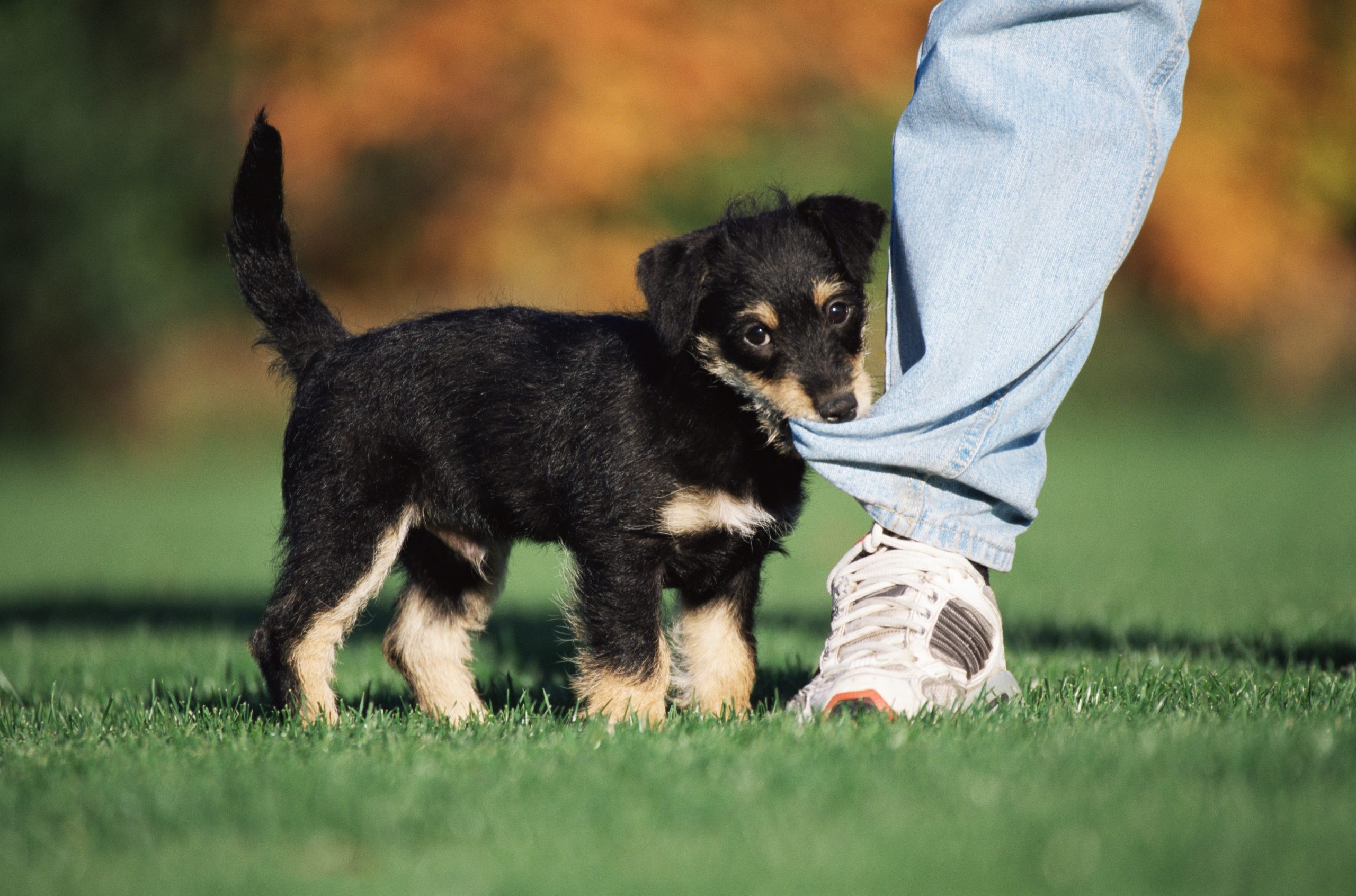
I see this behaviour a lot these days, due to the fact that so many dogs are being trained through bribery and not using positive, rewards-based methods. The trouble with using treats to, in my view, ‘bribe’ a dog to behave in a certain way, tends to make them behave almost like spoiled children, especially if you ask them to give you something that they are holding in their mouth. You try to retrieve the item in question, but the dog won’t give it to you, because the dog finds whatever it is holding more attractive than the treat or the bribe that you’re offering. And, therefore, it can react in a spoiled or potentially aggressive manner when you try to take the item away from them.
I’ve been perfecting my BG (Beggarbush) foundation methods for nearly 20 years and understand that even experienced dog owners come up against issues that they are not sure how to handle. However, with a little time, patience and careful retraining, I feel that there might be hope for your son’s young dog. I also believe that it is our responsibility to try to do the best we can to correct this behaviour even if, ultimately, you and your family decide it’s best to rehome or euthanize the dog. You can learn more via @beggarbush on Instagram and my dog-training app (this link will let you get a free trial) or ask me your own question by emailing paws-for-thought@futurenet.com.
Ben’s top tips for discouraging a dog from nipping and biting
1. Go back to the fundamentals of training
Firstly, you and your son need to get his dog to trust you and respect your commands — so let’s look at the best way to unpick these troublesome behaviours.
However, to begin with, rather than examining the main problem of nipping, let’s look at his foundation commands, as I am almost certain, from what you have told me, that these will most definitely not be as positive and as solid as they should be, hence why he is behaving in this way.
Sign up for the Country Life Newsletter
Exquisite houses, the beauty of Nature, and how to get the most from your life, straight to your inbox.
I therefore urgently recommend that you and your son take a look at my previous articles and re-teach this dog the all important foundation commands, such as:
- Train your dog to respond to the leave command
- ‘Teach your dog to sit
- Get your dog to walk to heel
- Get perfect recall with your dog
I can assure you that re-teaching these commands will definitely help, as they will enable you and your son to start to build a better relationship — and a greater mutual respect — between yourselves and his dog.
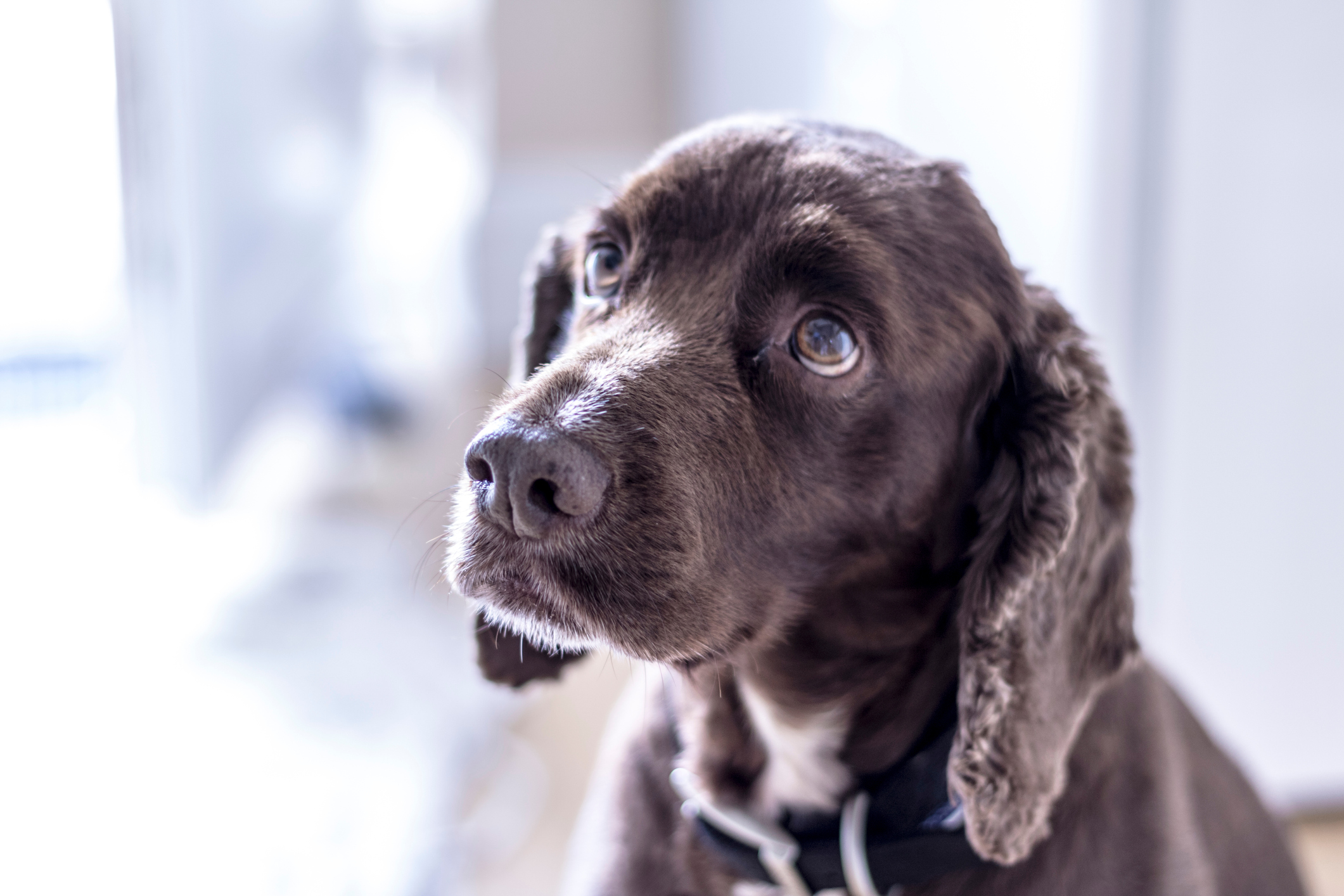
2. Focus on getting the leave command right
Of the four things listed above, the most vital one — especially in this situation — is the leave command.
Because of a dog’s natural guarding issues, I like to teach this around feed times. So, from today onwards, ask the dog to sit and wait patiently for his dinner, tell him to ‘leave’ the bowl with his food in it, and recall him away from it. Finally, reward him by letting him eat from the bowl.
Once you have perfected this over a number of weeks, take the exercise up a notch by asking him to leave his food after he's already started eating it, then pause for a few seconds, and ask him to resume eating. As you gradually extend the time that you ask him to wait, he will learn steadiness, control and patience.
Finally, continue working on this drill on a daily basis, hopefully two times a day when he’s fed, until he gets so responsive that you can not only ask him to stop eating for longer periods of time, but you can also remove the entire bowl of food from in front of him without him acting like a spoiled child.
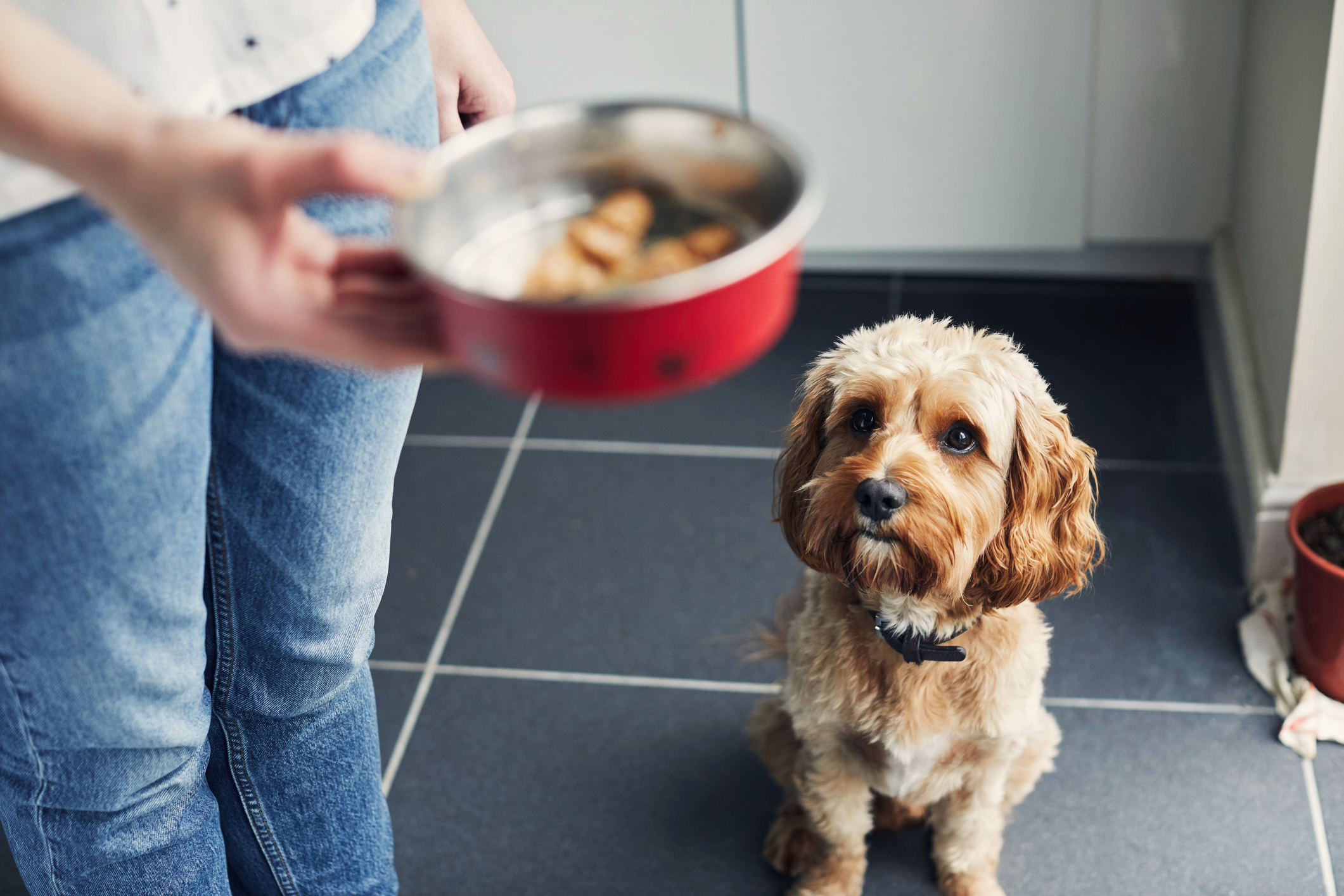
3. Move the training away from mealtimes
Once you’re happy that your dog is incredibly relaxed and calm around food times, I’d then start to randomly drop objects that he likes — it might be socks, tea towels, pieces of paper, anything he's fond of — around the kitchen or the sitting room. Then, when he goes to grab them, give the ‘leave’ command, pause for five or so seconds, then step towards the item and retrieve it yourself before he can get to it.
It's crucial here that the items you drop need to be things that are precious to him, things he wants to keep and doesn’t want you to have. Over time — with consistency and repetition — he will learn that, when he sees the item, he will look to you first, with a much more trusting eye, while thinking to himself: ‘Is that hers or mine? I must wait to find out. Either way, I will be rewarded for making the right choice.’ Once you've reached that level of trust and respect, the issues that underlie the nipping and biting behaviour should become a thing of the past.
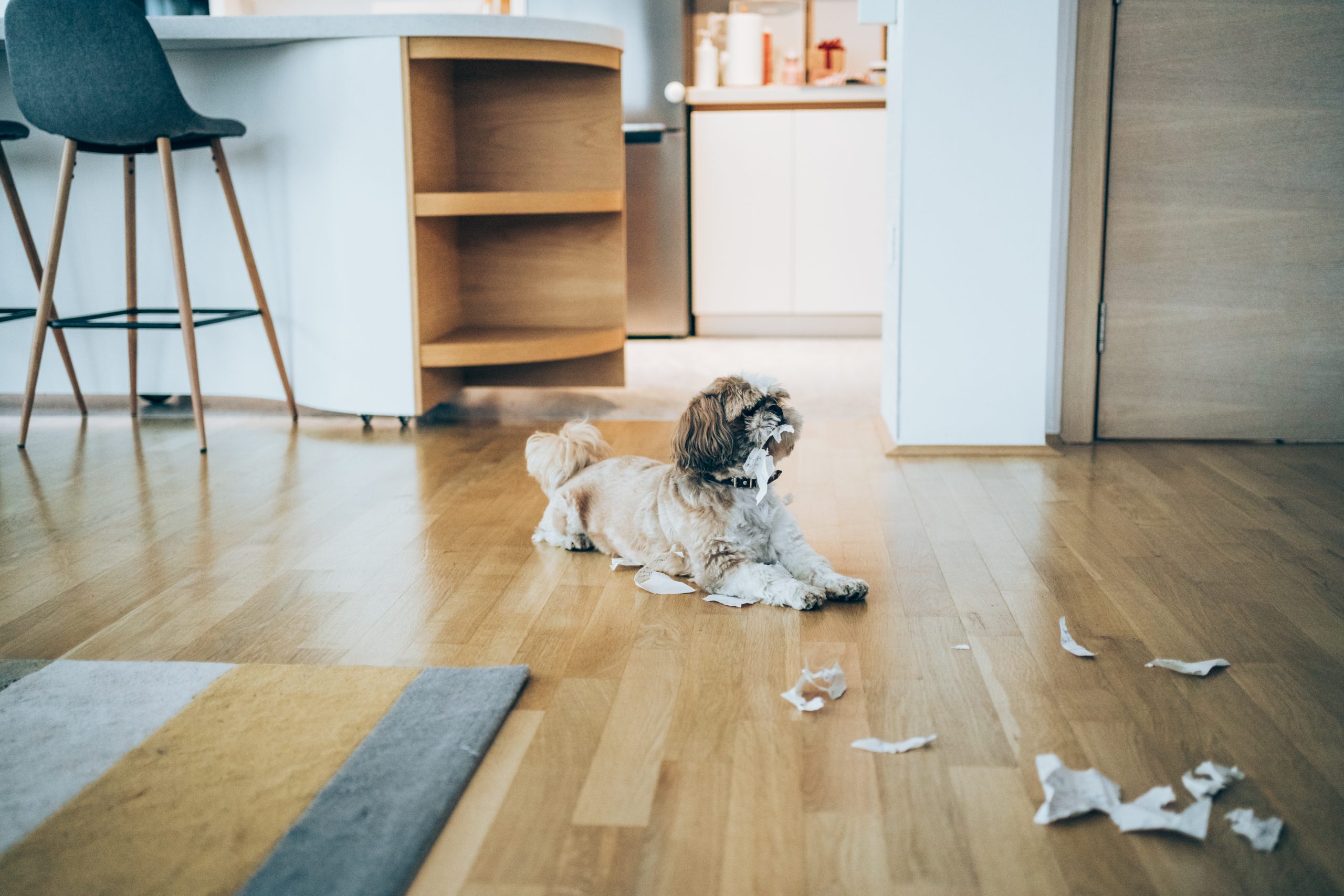
4. Introduce other people
Finally, when he is able to complete all of these exercises perfectly and with good manners and good grace, I would encourage other members of the family to get involved so that he is content and composed at all times and around all sorts of people.
With patience and perseverance, you stand a great chance of creating a better future for this dog — and I wish you all the best with this challenge.
For more detailed advice about Ben Randall’s positive, reward-based and proven BG training methods, one-to-one training sessions, residential training or five-star dog-boarding at his BGHQ in Herefordshire, telephone 01531 670960 or visit www.ledburylodgekennels.co.uk. For a free seven-day trial of the Gundog app, which costs £24.99 a month or £249.99 a year, visit www.gundog.app/trial
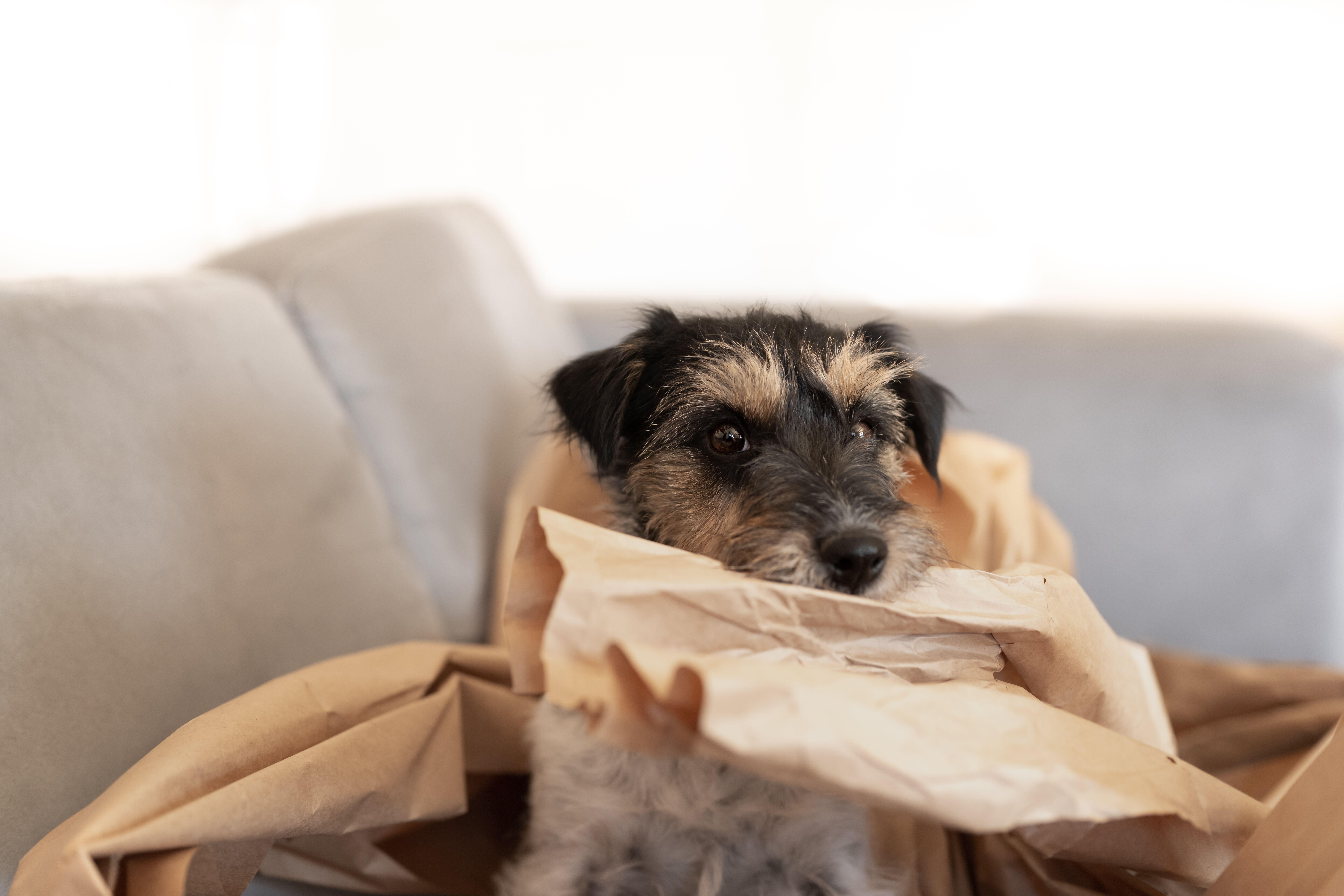
How to stop resource guarding in dogs, by Ben Randall
Resource guarding is common in dogs — but it can be solved. Award-winning dog trainer Ben Randall explains how as he
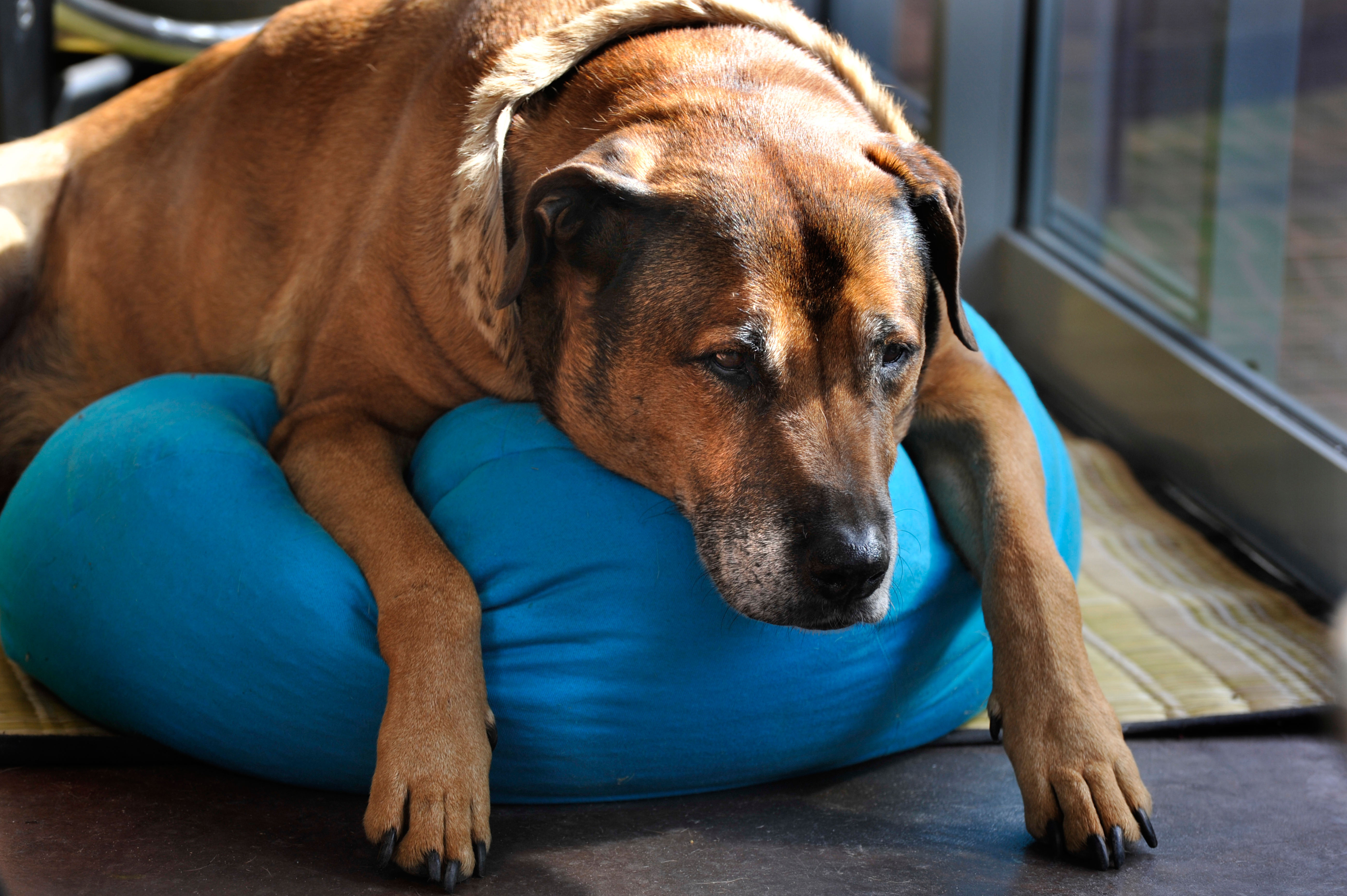
Credit: Alamy Stock Photo
How to keep your dog healthy in a summer heatwave, by expert trainer Ben Randall
With hot summer weather here it can be a challenge keeping your four-legged friend cool and happy. Ben Randall shares
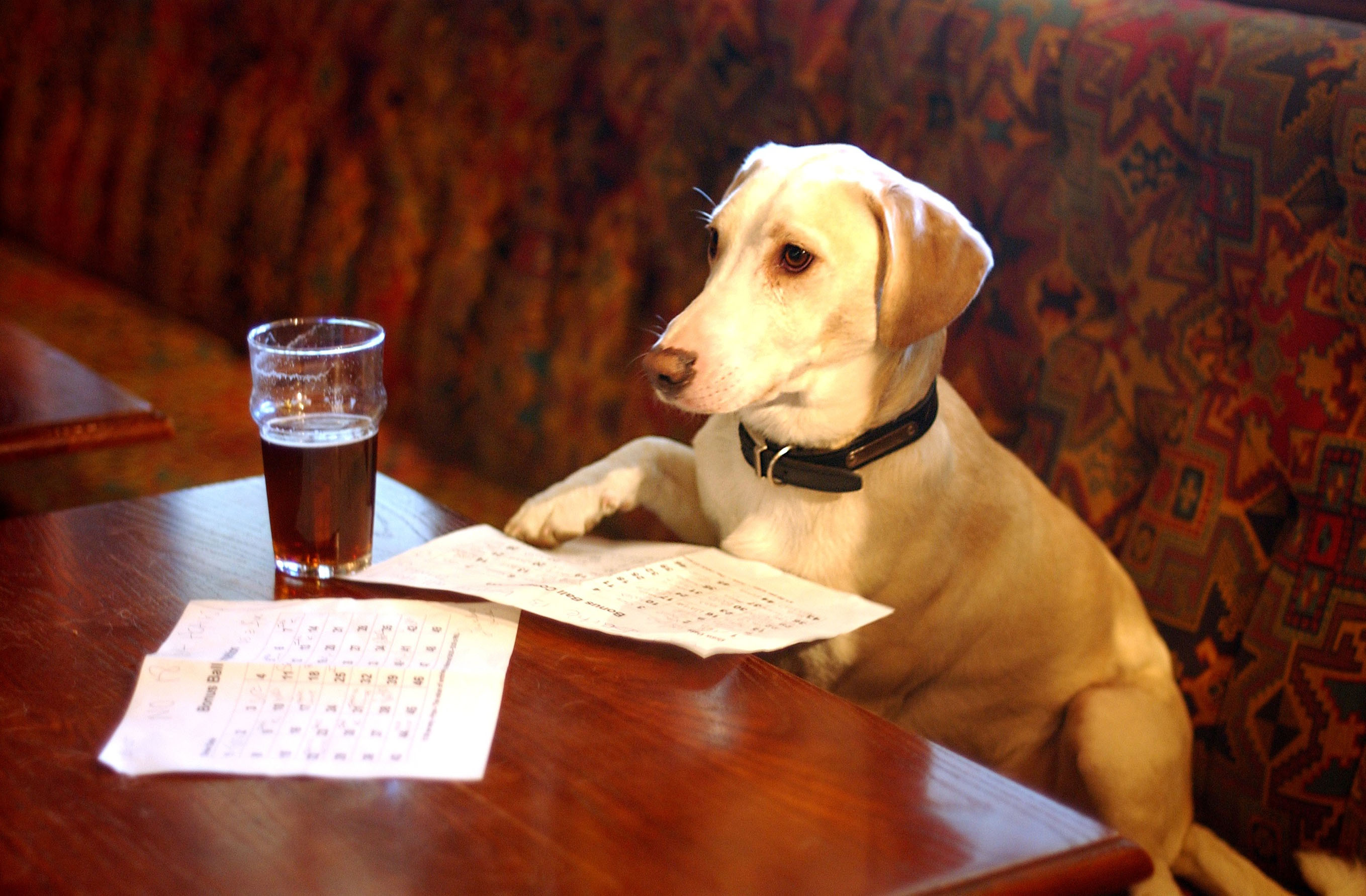
Credit: Alamy
How to take your dog to the pub, by expert trainer Ben Randall
Enjoying a drink in a lovely country pub with your dog snoozing quietly at your feet is one of the
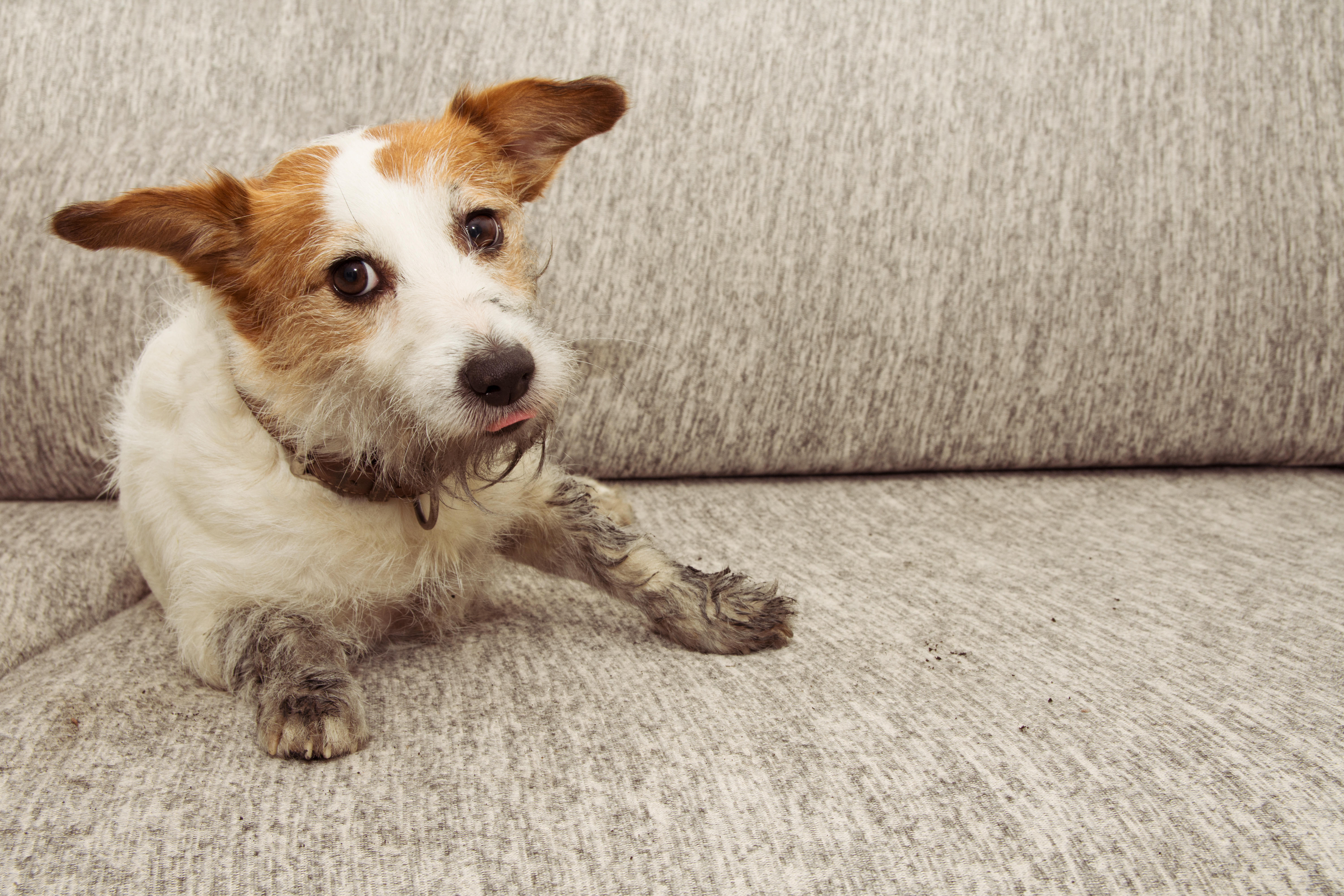
Credit: Alamy
How to keep a dog off the sofa, by top trainer Ben Randall
Fed up with Fido leaping onto the furniture — whether it's your sofa, armchair, or your bed — whenever he
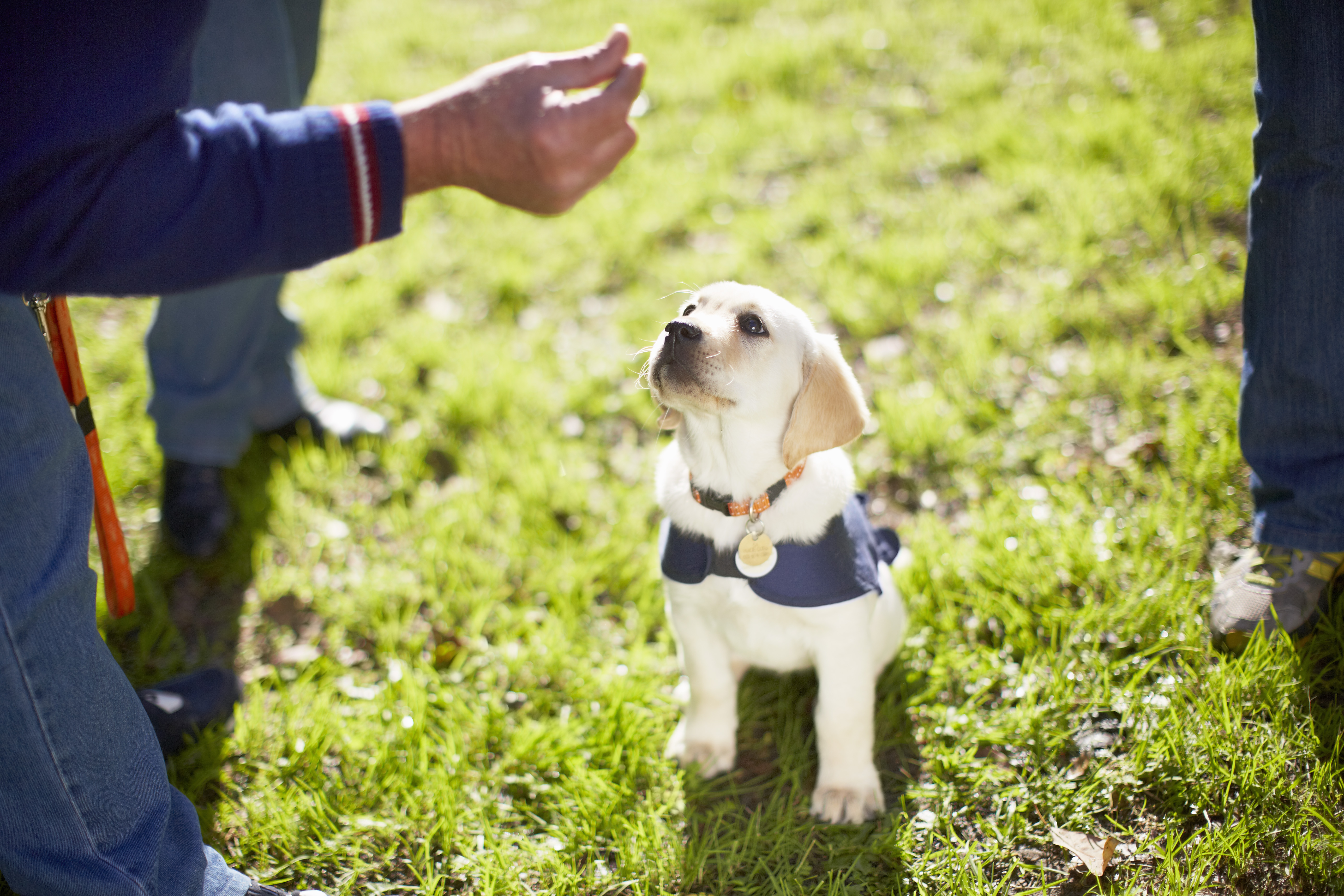
Credit: Getty Images/Westend61
How to teach a dog to sit: Five tips from leading dog trainer Ben Randall
Teaching your dog to sit is one of the most important things you can do — and it will help with
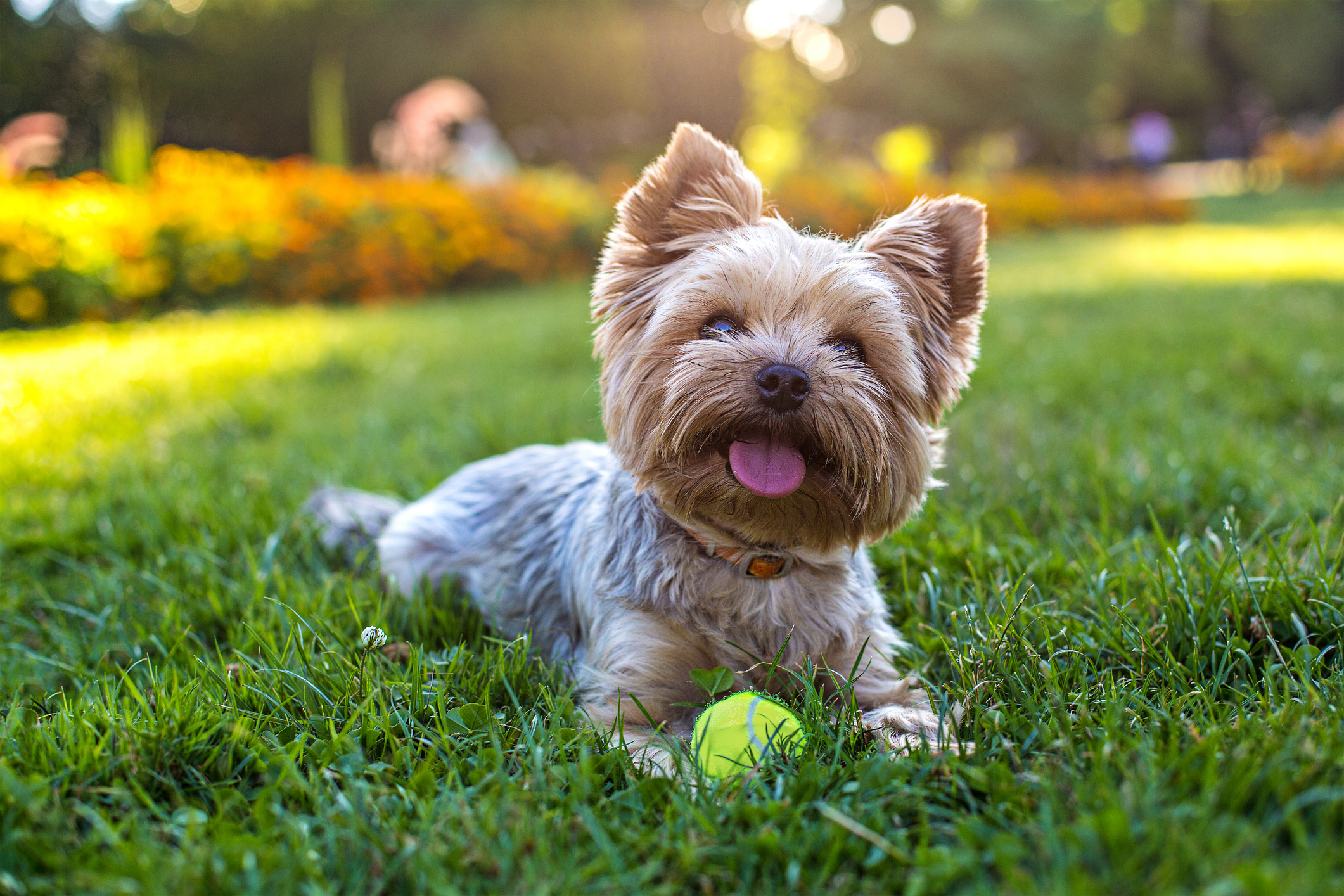
How to train your dogs around your gardening, by expert trainer Ben Randall
It's the time of year when we're all starting to get out more and more — particularly in the garden. That's
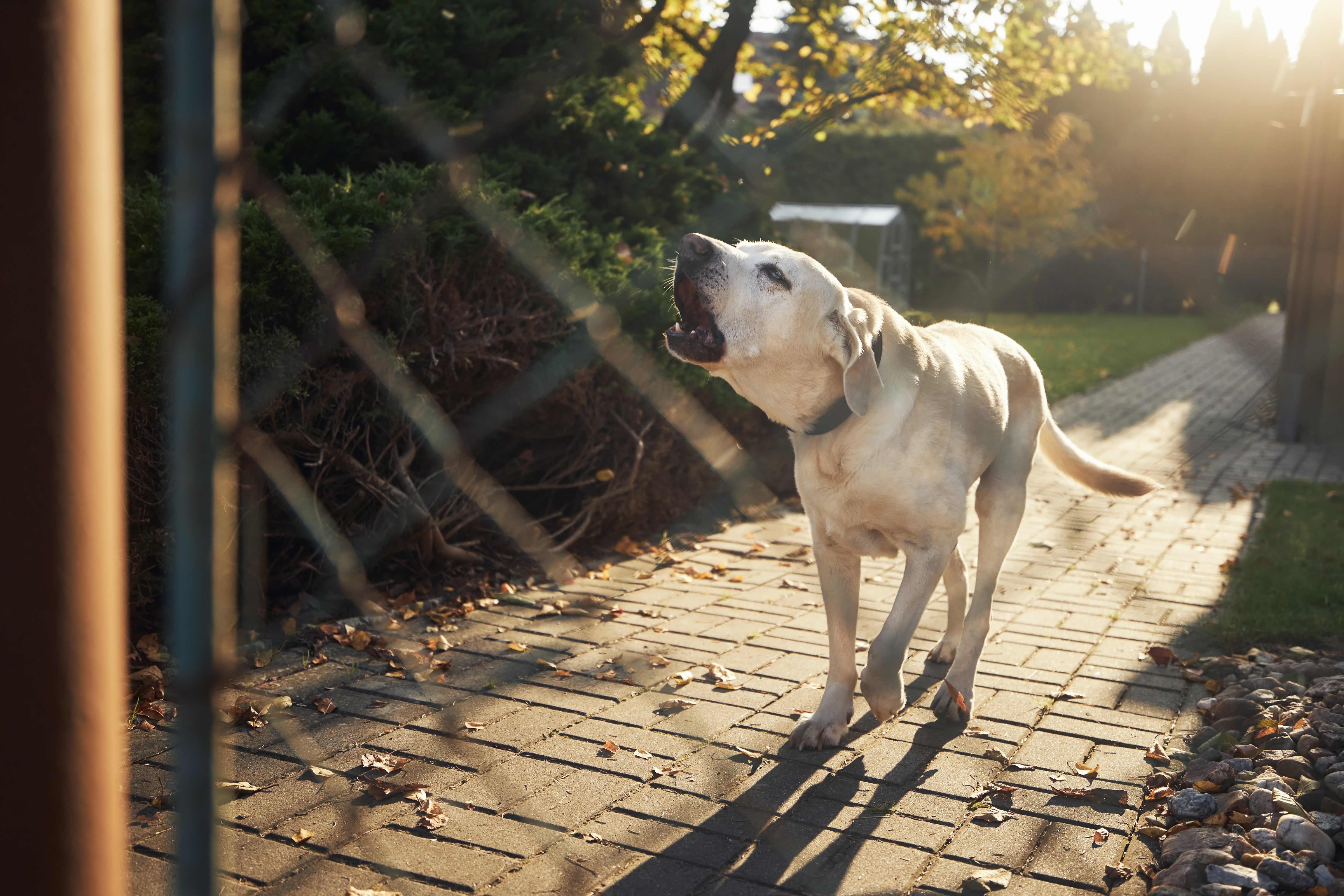
Credit: Getty Images
How to stop a dog barking at the fence, by leading trainer Ben Randall
A dog barking through the fence can be scary for those who live around your house — Ben Randall gives advice
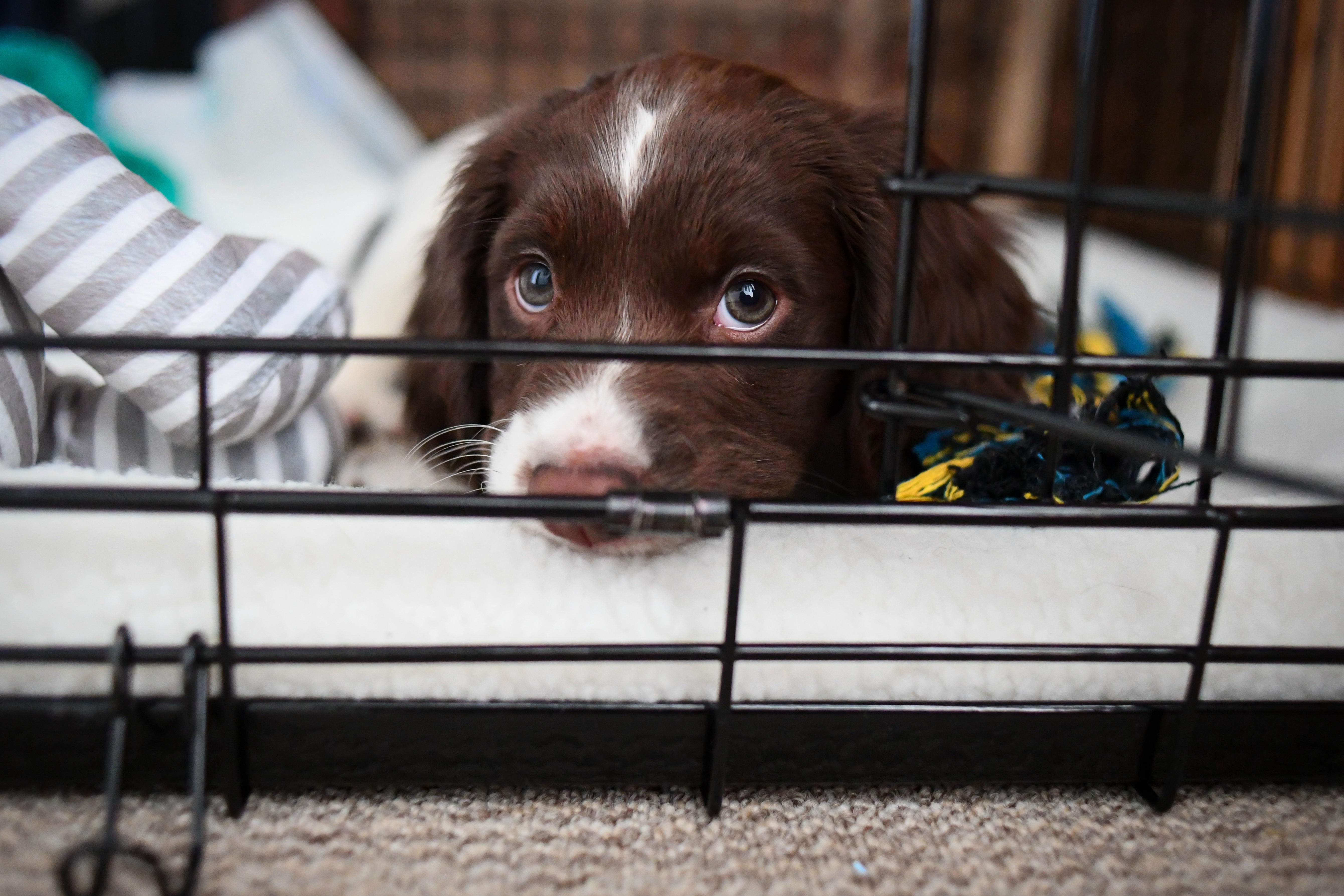
Crate training a puppy: Six tips from expert dog trainer Ben Randall
Puppy crate training can be tricky, yet it can pay dividends in all sorts of ways — even making puppy toilet
-
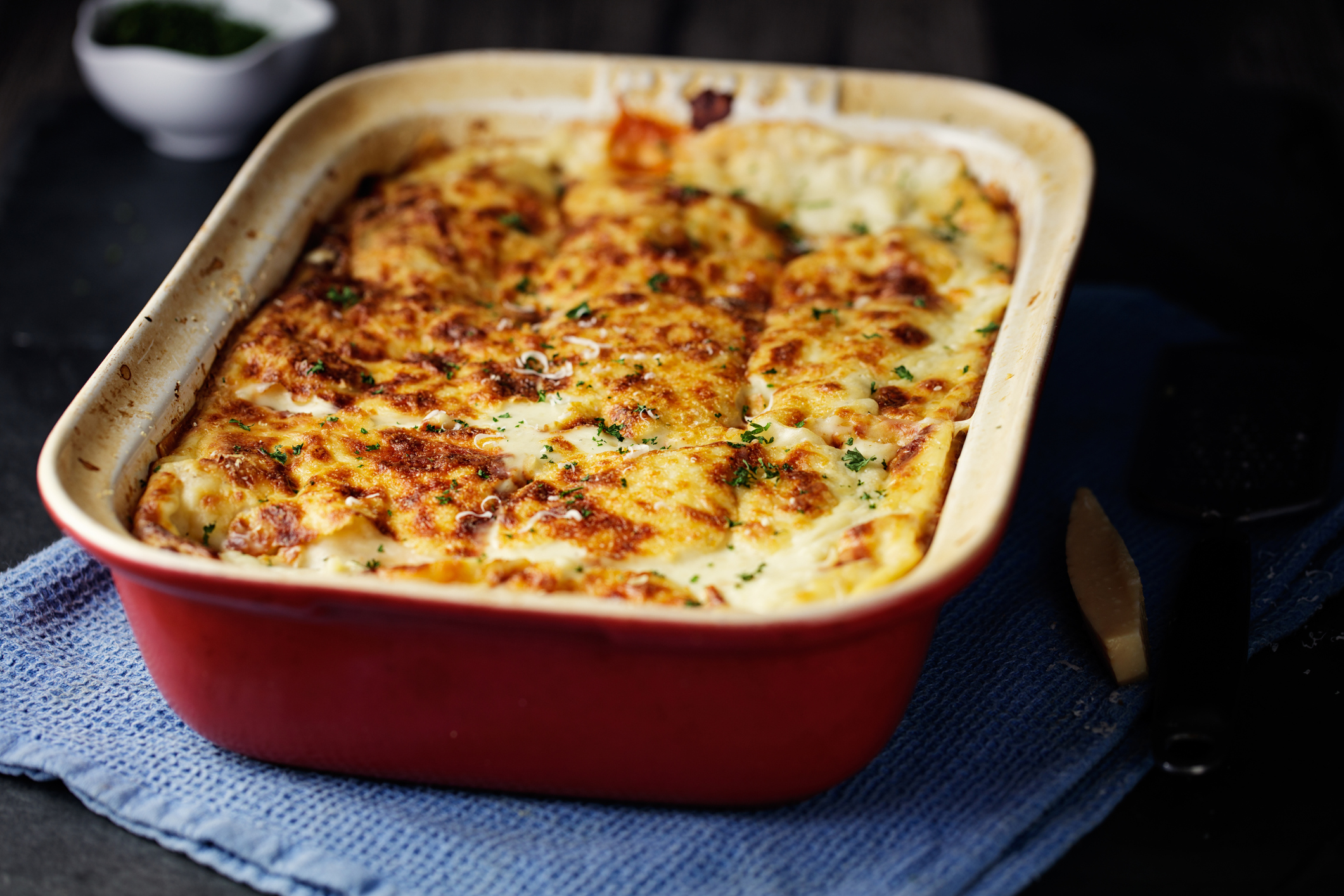 'Monolithic, multi-layered and quite, quite magnificent. This was love at first bite': Tom Parker Bowles on his lifelong love affair with lasagne
'Monolithic, multi-layered and quite, quite magnificent. This was love at first bite': Tom Parker Bowles on his lifelong love affair with lasagneAn upwardly mobile spaghetti Bolognese, lasagne al forno, with oozing béchamel and layered meaty magnificence, is a bona fide comfort classic, declares Tom Parker Bowles.
By Tom Parker Bowles
-
 Country houses, cream teas and Baywatch: Country Life Quiz of the Day, April 24, 2025
Country houses, cream teas and Baywatch: Country Life Quiz of the Day, April 24, 2025Thursday's Quiz of the Day asks exactly how popular Baywatch became.
By Toby Keel
-
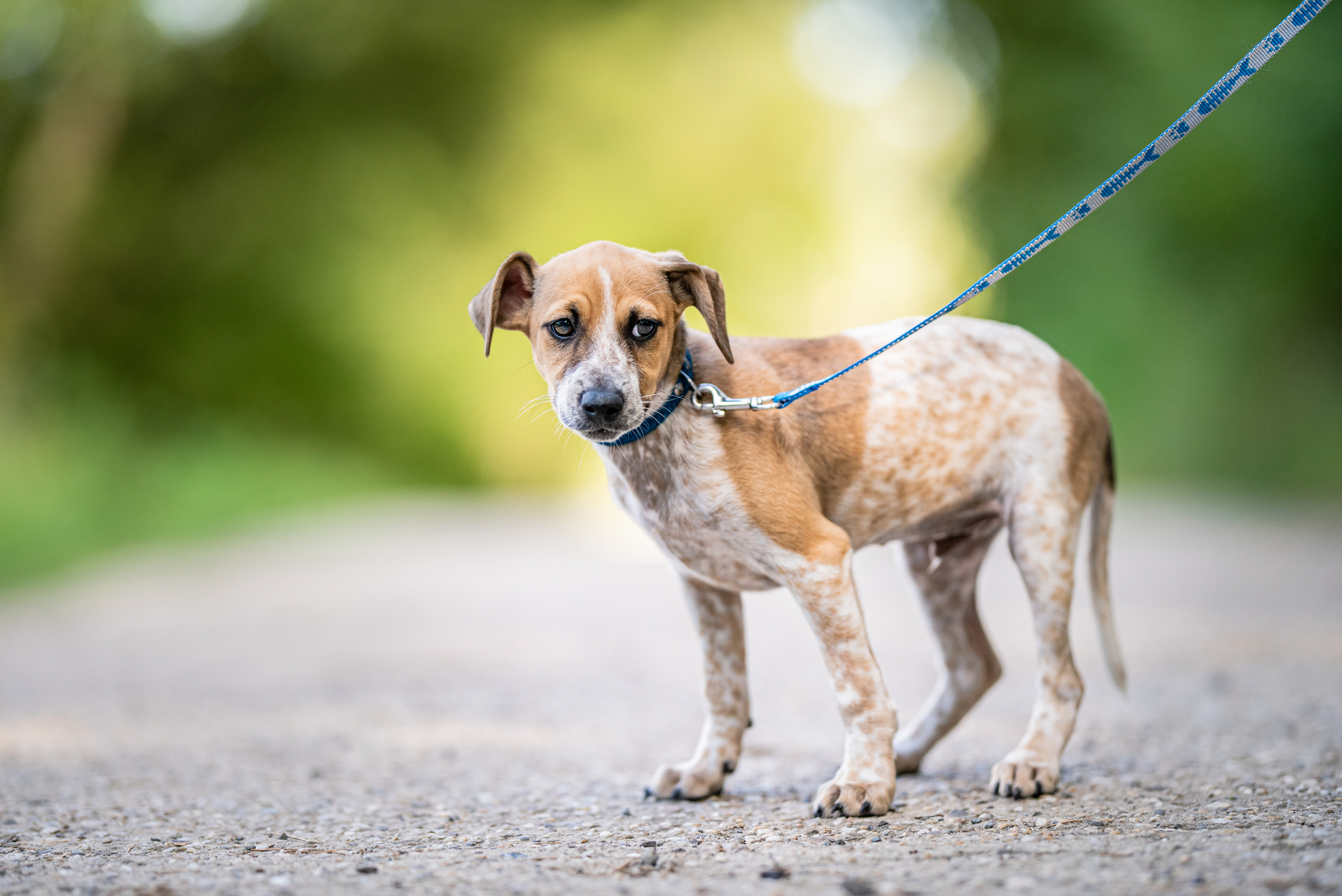 What to do when your dog gets attacked by another dog out on a walk
What to do when your dog gets attacked by another dog out on a walkBen Randall deals with a reader's difficult situation as an ordinary walk took a turn for the worse.
By Ben Randall
-
 How to deal with an older dog starting to show some bad behaviour after many happy years
How to deal with an older dog starting to show some bad behaviour after many happy yearsA-list dog trainer Ben Randall helps a reader whose ageing dog has started changing its behaviour — and not for the better.
By Ben Randall
-
 Ben Randall: Ask Country Life's canine agony uncle a question about your dog
Ben Randall: Ask Country Life's canine agony uncle a question about your dogOver the past two years our award-winning dog trainer Ben Randall has been sharing his advice with Country Life readers.
By Country Life
-
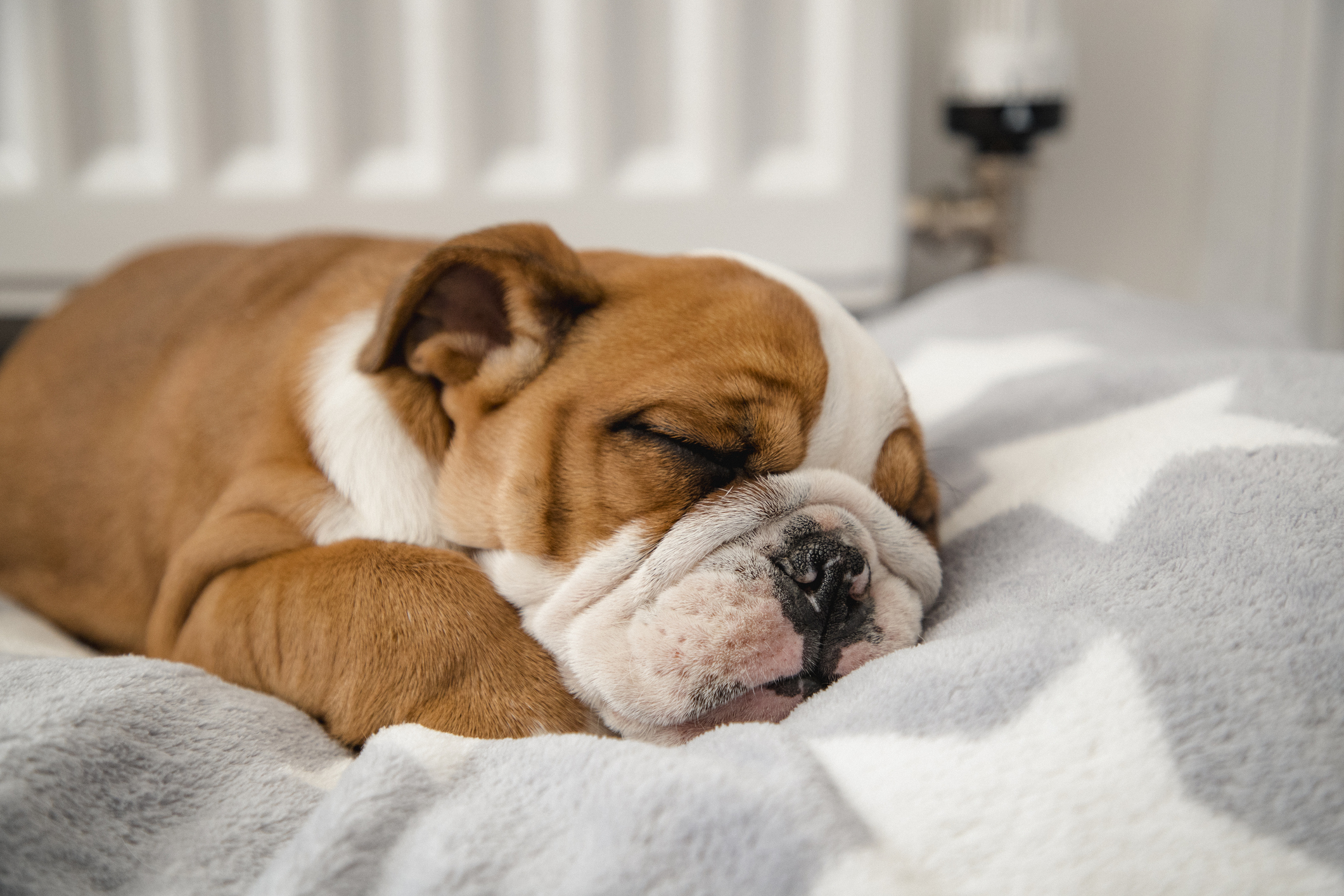 How to look after a dog who's gone deaf, by A-list trainer Ben Randall
How to look after a dog who's gone deaf, by A-list trainer Ben RandallBen Randall handles a query from a reader whose dog has lost her hearing.
By Ben Randall
-
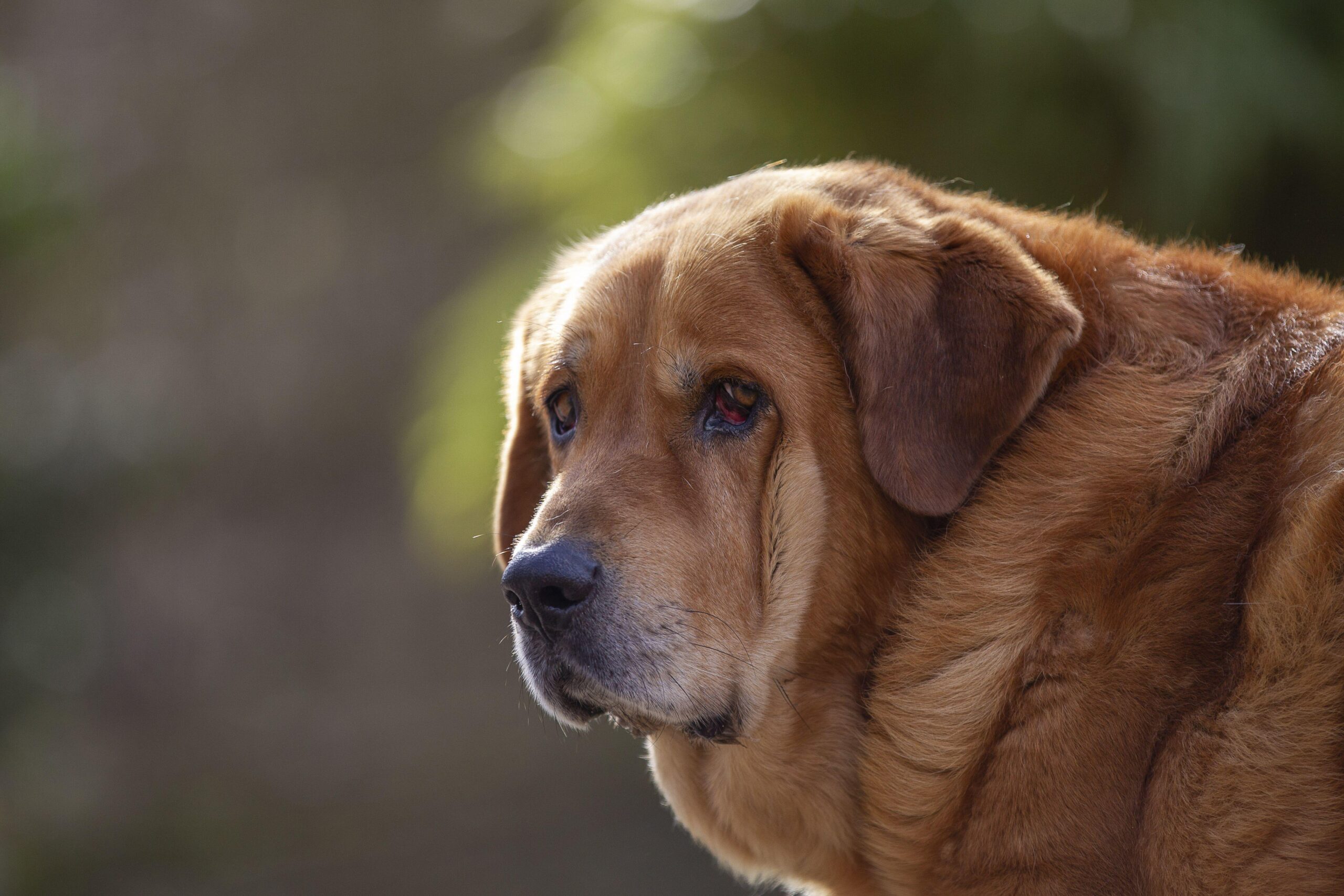 How to deal with a dog that's stronger than you are — especially when it runs off when it gets excited
How to deal with a dog that's stronger than you are — especially when it runs off when it gets excitedBen Randall tackles an issue for an owner of a dog that's almost as big as she is.
By Ben Randall
-
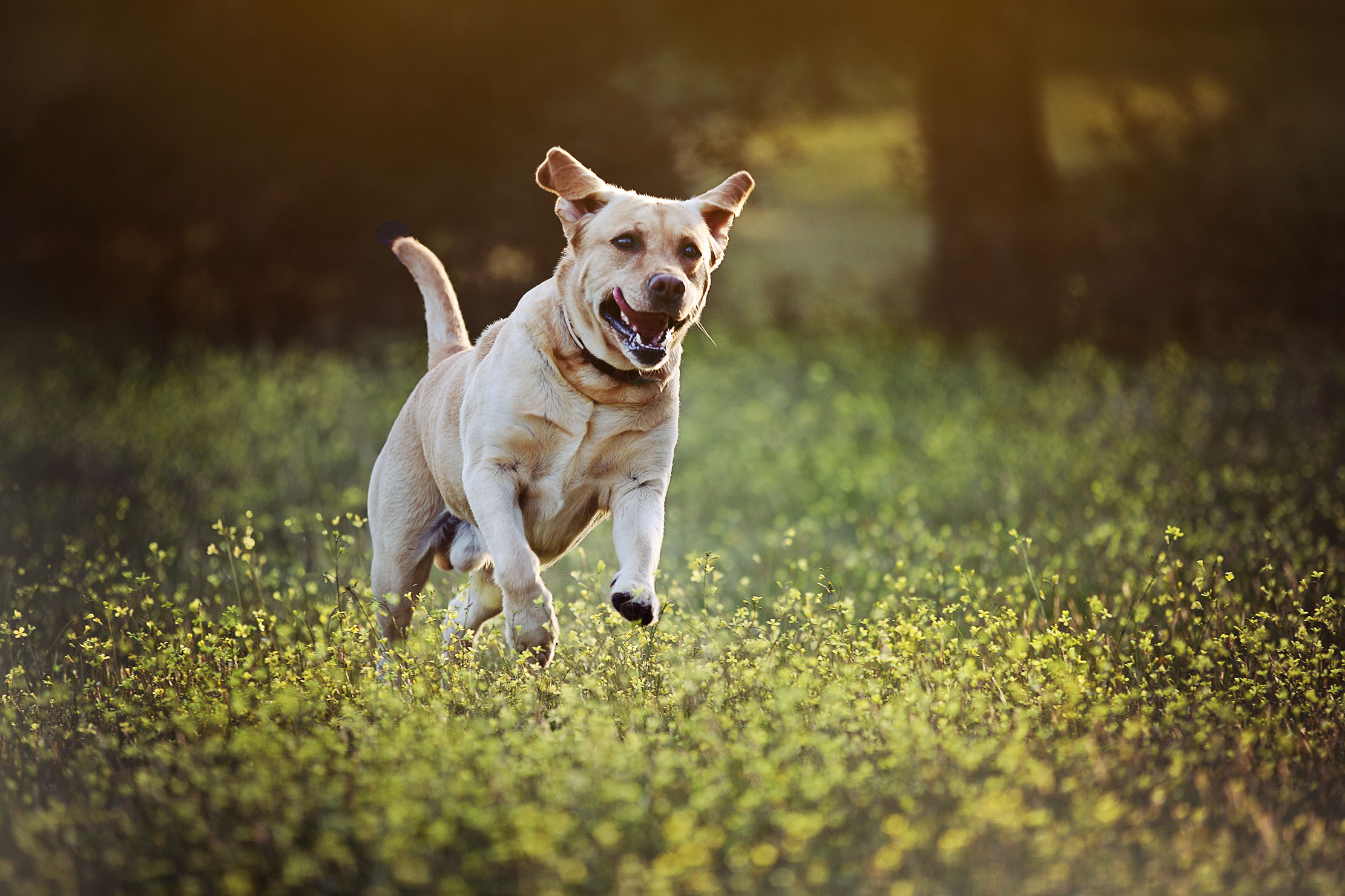 'My dog goes crazy when he sees someone with a ball launcher. How do I make him stop?': Expert trainer Ben Randall explains what to do
'My dog goes crazy when he sees someone with a ball launcher. How do I make him stop?': Expert trainer Ben Randall explains what to doTaking on a dog with ingrained bad habits can be a headache. Ben Randall explains how to retrain them to keep calm.
By Ben Randall
-
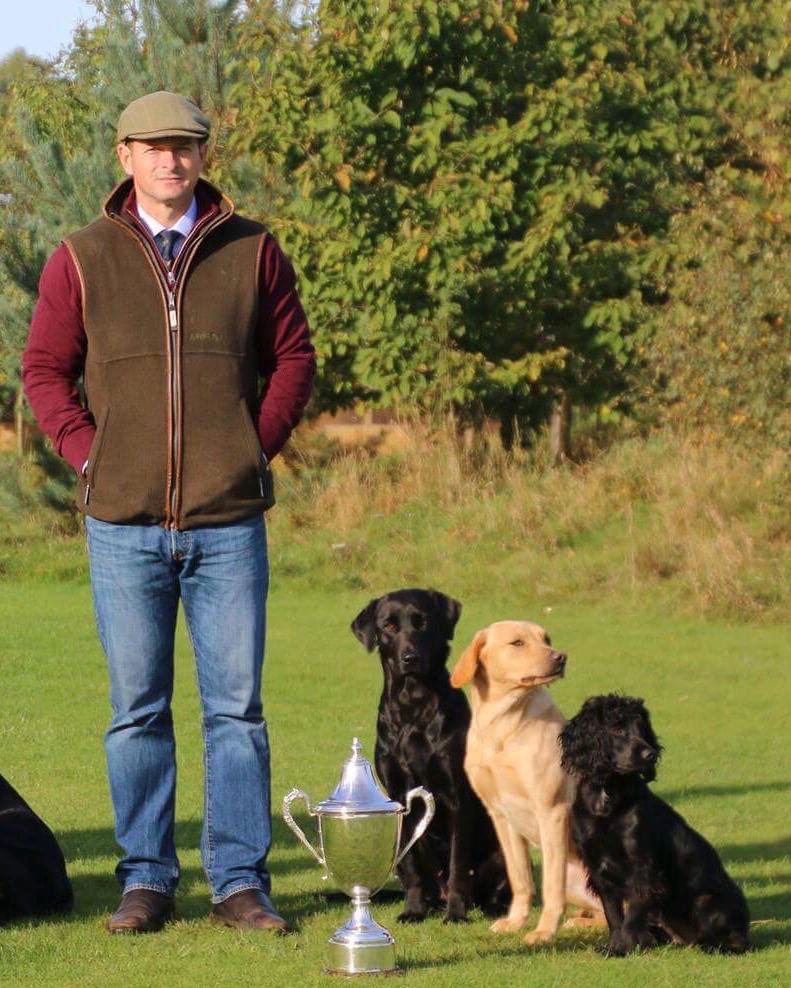 Ben Randall: Q&A with the award-winning dog trainer
Ben Randall: Q&A with the award-winning dog trainerWe speak to Country Life's canine agony uncle Ben Randall.
By Ben Randall
-
 How to stop your dog from being protective and barking at builders
How to stop your dog from being protective and barking at buildersBarking can be annoying and unsettling for visitors. Ben Randall looks at how to get a little peace and quiet.
By Ben Randall